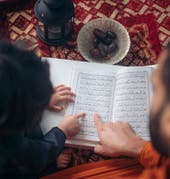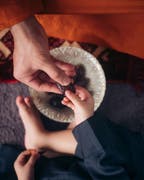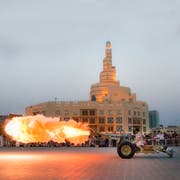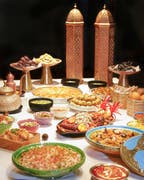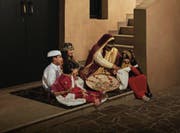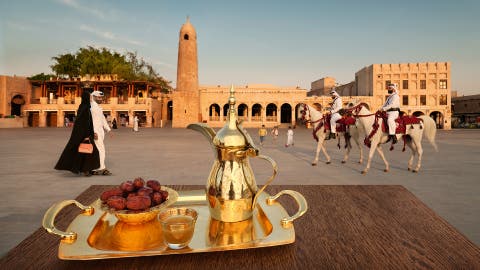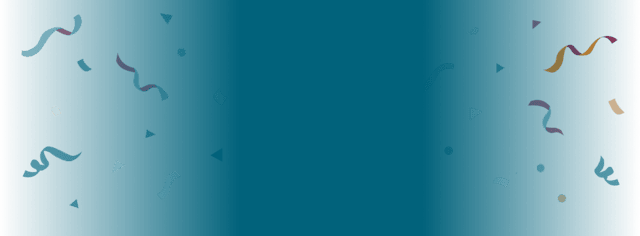After the fasting, comes the feasting: from iftar, to the larger, more festive ghabga (another night time meal), the best of Ramadan is after dark. For a month known for not eating, there are a fair number of dishes cooked expressly during Ramadan. While each family has its own particular favourite dishes, some are a staple on every Qatari Ramadan table, gracing iftar tables for decades. These include:
- Harees: Made from pounded meat with wheat, olive oil, and cinnamon.
- Al Thareed: Crispy flatbread layered with soup made with either lamb, chicken, or just vegetables.
- Al Luqaima: Fried dough covered in sugar syrup, usually flavoured with rose or orange blossom water.
The city comes alive after iftar, with most public places - shops, restaurants, cultural venues reopening after mostly remaining closed during the day. Special Taraweeh prayers are conducted in mosques after the last daily prayer (Isha), with the aim of reading the entire Qur’an by the end of the month.


